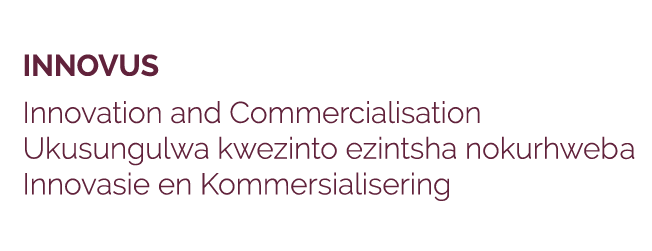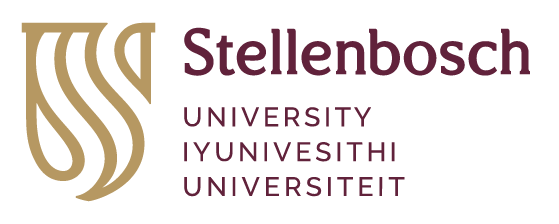Process management is key to cost-saving and efficiency in all businesses. In surgical practice, process management also saves more lives and prevents unnecessary post-operative complications..
Despite the large number of patients requiring life-altering and life-saving procedures (think knee replacements to heart valve repair), much of the organisation of medical operations is still done manually, and often on paper. Surgeons are required to schedule their own theatre times, with the help of administrative staff. The surgeons are expected to give priority to patients who require surgery the most urgently and at the same time not to ignore patients with less urgent conditions. The degree of illness and number of patients waiting for surgery changes constantly as new patients are assessed, and surgical specialists and trainees spend unnecessarily long hours managing these waiting lists. In fact, some surgeons spend up to 20% of their time dealing with unnecessary administrative tasks.
The reality: 2 billion people will be unable to receive the surgical care they so desperately require, simply due to operating theatre density. Every iota of improvement in the organisation of medical operations has a massive affect on the access to surgical care.
In addition, keeping track of medical products, consumables, and the time of practitioners is right at the edge of impossible, meaning that very little can be optimised, and much is wasted.
As is the case with many important innovations, the solution to this antiquated issue was born out of frustration. Dr Dedan Opondo, from the Department of Urology at Stellenbosch University, found that far too much of his time was spent organising, rather than operating. With a previously acquired masters in medical informatics (from the University of Amsterdam), Dedan realised that he could use his former passion to fix his latter. And SurgiTrack was born.
At a glance (because it’s complex), SurgiTrack is an electronic, web-based system that handles the entire patient journey for the hospitals and clinics – from theatre booking, to the surgery itself and even going as far as scheduling patient follow-ups. Because it is centralised, all doctors and administrative staff have access, and changes are made dynamically, and reflected instantly, for all internal parties. The system also prioritises (and, when needed, re-prioritises) patients based on how urgent their operations are, based on the lessons the human doctors teach it.
SurgiTrack goes further than just a smart shared-scheduling system, too. It is able to send reminders to patients on their scheduled operations via SMS, and update them if the details change for any reason. This means that people travelling from afar, often on un-paid leave, no longer waste days to get to an operation that’s no longer taking place (due to a more urgent, unforeseen operation that needs to be prioritised).
It will also be a tool to audit and manage internal resources. It’s a window into the reality of different surgical procedures, as it logs which operations are happening over a specific period of time, which consumables, and which staff will be required for each of them, and can then deliver reports on the best ways to optimise all of the above. This way we have less waste, with almost no products being discarded due to blind over-ordering, or missed expiration dates. As it tracks the surgeons’ times, it will help to make the most out of the operating theatres (which cost, on average, R290 per minute). It can tell shareholders exactly how much the hospital has made back on that R280m piece of equipment it recently purchased and, in fact, whether it was even necessary to purchase the equipment in the first place.
It was also be an invaluable data-pool for the medical insurance industry. The lessons to be learned, and the incentives that can be offered to surgeons to be more efficient based on an established, accepted baseline will promote accountability, and probably even reduce premiums for consumers.
The majority of the base system – a scheduling and prioritisation tool – has been created, but the majority of the work that will take SurgiTrack far past simple is happening now. To help make this happen faster, SurgiTrack was awarded a grant from the TIA Seed Fund to finalise its development and deployment to the market. As continual testing within the Tygerberg Faculty of Urology fine-tunes the system, so it will roll out to other faculties, before moving outwards to other universities, hospitals and clinics, making their lives (not to mention those of their patients) easier and more efficient, too. With the help of the Innovus-developed commercialisation model the intellectual property of SurgiTrack is now protected under South African law.
We all take our shared calendars, cloud-sync services and co-working platforms for granted. In 2017, this thinking is the accepted norm, and it’s astounding to think that it has not crossed over into the world of medicine. Now, thanks to the hard work of dedicated medical professionals, who need SurgiTrack as much as they want to build it, it will be the reality within the walls of surgical practices and hospitals, too.
Innovus, Stellenbosch University
|
15 De Beer Street
Stellenbosch
7600
South Africa
|
PO Box 3135
Matieland
7602
South Africa
|
|
t +27 (0) 21 808 3826
e info@innovus.co.za
e forms@sun.ac.za |

